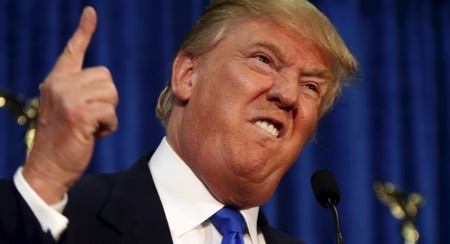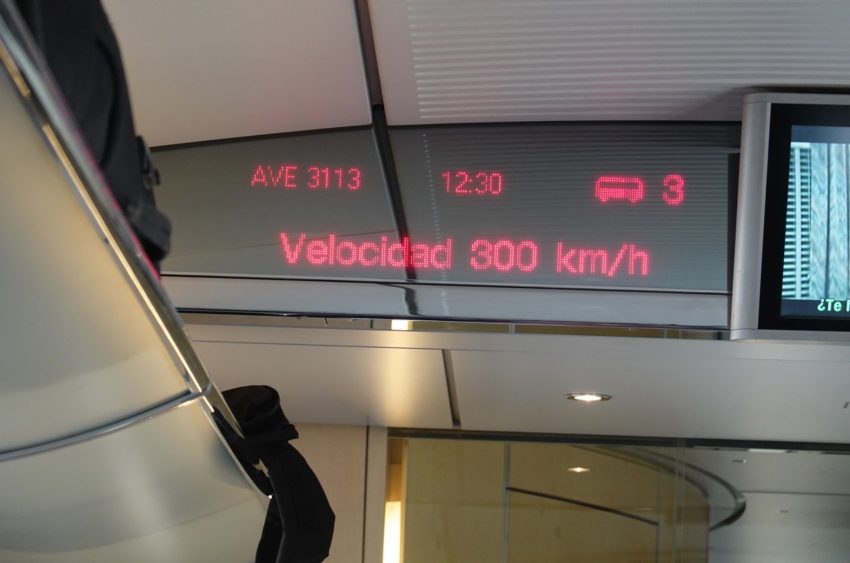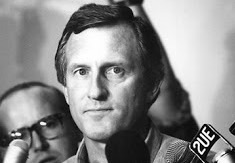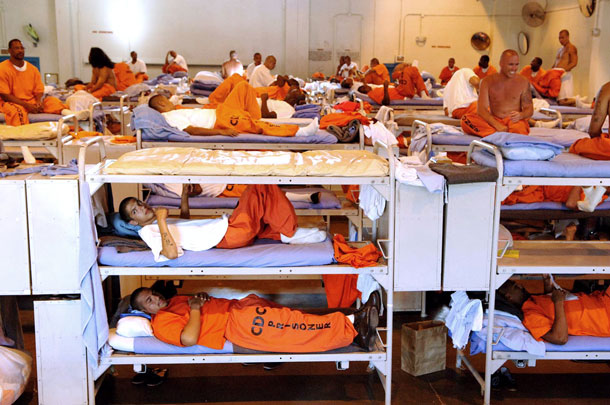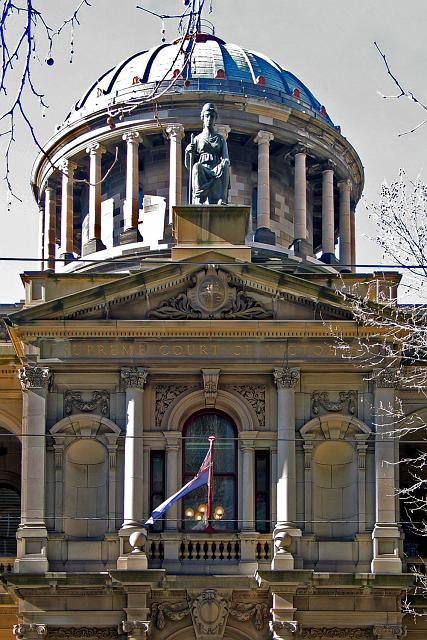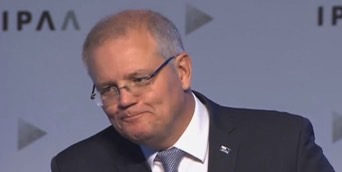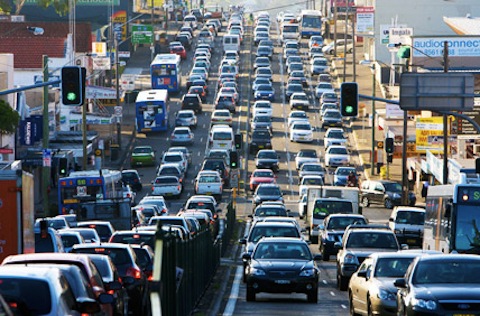Email crispin.hull@rubyreef.com.au if you want the weekly column sent to your email address on Saturdays.
This is not a joke. A patient comes to the doctor and says: “Doc, I have put on quite a bit of weight. I cannot fit into my clothes. I cannot fit into the office chair. And my blood pressure is right up so I suppose my arteries are clogged.”
“Well,” says the doctor. “We will have to get those arteries unclogged even if it costs a lot of money. And you must buy a new chair so you are comfortable at work. And you can buy new bigger clothes so they fit your new size. Other than that you can keep eating the same or more. We need not worry about how many calories you bring into your body.”
It sounds bizarre. What doctor would advise expensive “treatment” of symptoms and say nothing about the underlying cause of the patient getting bigger and bigger to the detriment of the patient’s well-being?
Well a similar thing is happening with the size of Australia. We are getting far too big and instead of trimming the intake, the government and all of the vested interests say we must just build more infrastructure.
This week, Infrastructure Australia published its Audit and found that “road congestion and public transport crowding cost the Australian economy $19 billion in 2016. Without continued investment in our cities, this will double by 2031 to reach close to $40 billion.
“This impacts quality of life, as well as our economic productivity and competitiveness as a nation. . . .
“More than $123 billion of construction work has commenced since 2015, with a committed forward pipeline of over $200 billion. However, there is much more to do to ease the pressures of growth. . . .
“Infrastructure in our four largest cities – Sydney, Melbourne, Brisbane and Perth – is failing to keep pace with rapid population growth, particularly on the urban fringe. With our population projected to grow by 24% to reach 31.4 million by 2034, our largest cities are expected to see pressure on access to infrastructure.”
It sounds like the Australian patient is choking to death and the arteries cannot keep up, but the doctor refuses to prescribe a lower intake. The elephant in the room is ignored.
Infrastructure Australia just assumes the high population growth – now at 435,000 a year – has to happen and that there is nothing we can do about it.
But we can. John Howard could have just as easily have said, “We decide how many people come to Australia and when they can come.”
But no. He pretended to be securing the borders by clamping down on people smuggling by boat while quietly ramping immigration through airports from around 70,000 to now more than 200,000 a year.
Small wonder Infrastructure Australia says we cannot keep up. It says we have “a mounting maintenance backlog”.
Howard confirmed his subterfuge this week telling the BBC, “My experience as almost 12 years as prime minister was that whenever the Australian population thought that immigration was being controlled and properly monitored they supported high immigration.”
They may have “thought” immigration was under control, but it was not. It was out of control and running way too high at the behest of those who profit from it: property developers; big retail and big agriculture.
Meanwhile everyone else suffers. Wages in Australia have stagnated since the Howard ramp-up of immigration and the costs people cannot escape have spiralled: health, education, energy.
We now have “per capita” recession in Australia. That is, on average people’s incomes are contracting. And that is average. Given the top end is doing much better it means those in the middle and bottom are really being squeezed.
We have an illusion of decades of notional economic growth because we have a lot more people producing things. But they are consuming it as well and demanding more infrastructure and government services, so the absolute growth in GDP may give the government a proud boast, but it is an empty one because most people are becoming worse off.
They are also being squeezed by the contraction in public-sector spending on the middle and lower incomes for two main reasons: disproportionate tax cuts for the well off and a massive diversion of resources to pay for the infrastructure required by all those immigrants.
Opposition Leader Anthony Albanese called this week for a mature debate about population. Good, even if corporate Australia will take no notice. Hitherto anyone calling for lower immigration has been branded racist. The answer to that is that the immigration burden cripples all but the top end in Australia whether they are black, brown, yellow or white.
Moreover, the top end which benefits from high immigration has a much larger portion of white males in it than the rest of Australia.
The big corporations and their shareholders are dominated by wealthy white males. So you might well argue that the high immigration that favours them and helps keep them in a position of privilege perpetuates racism while hitting hard everyone else – including almost all recent immigrants from non-English-speaking countries – as they struggle to find and pay for health, education, transport and energy.
Yet there is not even the hint of a suggestion by Infrastructure Australia that its expensive Infrastructure prescription could be easily avoided and the lives of Australians made better if we cut population growth.
Decentralisation is offered as a solution. It is not. The Murray-Darling Basin has been starved of water by big agriculture and corrupt practices.
The main reason average Australians feel worse off is because of the high population growth in the past two decades. Immigration should be drastically cut before the anger at the economic squeeze is manipulated to be misdirected at ethnic, cultural or religious differences.
Before that cut will happen, though, we have to ban what underpins high population policies – corporate political donations.
CRISPIN HULL
This article first appeared in The Canberra Times and other Australian media sites on 17 August 2019.

